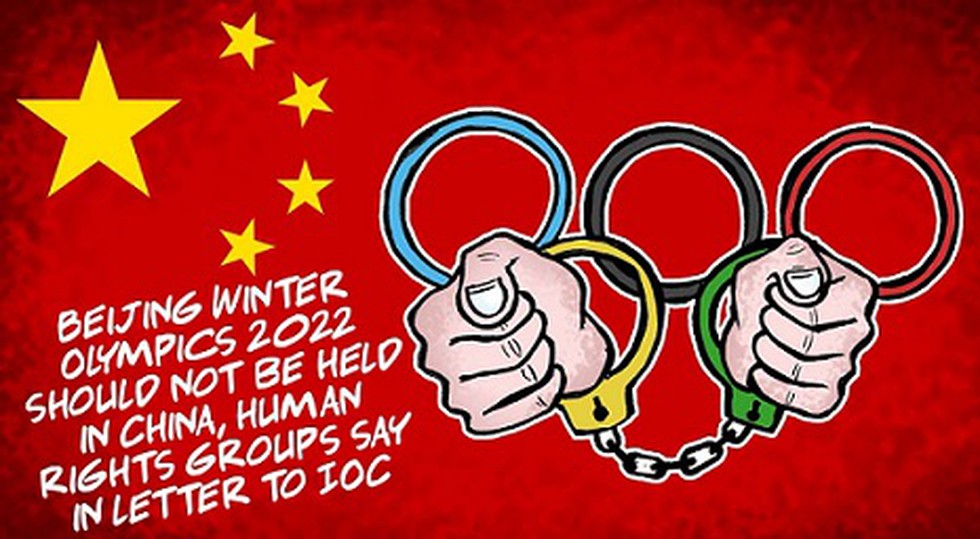About:
- By doing so, India has joined a growing list of countries that will not send government delegations to the Chinese capital for the Winter Olympics.
- In December, the United States had announced a diplomatic boycott of the event.
- The United Kingdom, Australia, New Zealand, Canada, Japan, New Zealand and the Netherlands, among others, followed the US’s lead and made a similar decision.
- The Winter Games have been dogged by controversies, ranging from the diplomatic boycotts to the safety of one of China’s top players and concerns over the privacy of the visiting athletes.
What is a diplomatic boycott?
- It simply means these countries will not send official government delegations to Beijing during the Games.
- Given the scale of the Olympics, high-ranking officials from a country’s government often travel to the Olympics. These officials are often labeled as the ‘VIP visitors’.
Does a diplomatic boycott affect athletes’ participation?
- It doesn’t. Athletes and officials from all countries will continue to take part in the Winter Olympics in Beijing unhindered.
- A diplomatic boycott is a token protest that has no impact on the sporting spectacle.
- So far, no athlete has withdrawn from the Beijing Games, and India will continue to be represented by just one athlete, alpine skier Arif Khan.
